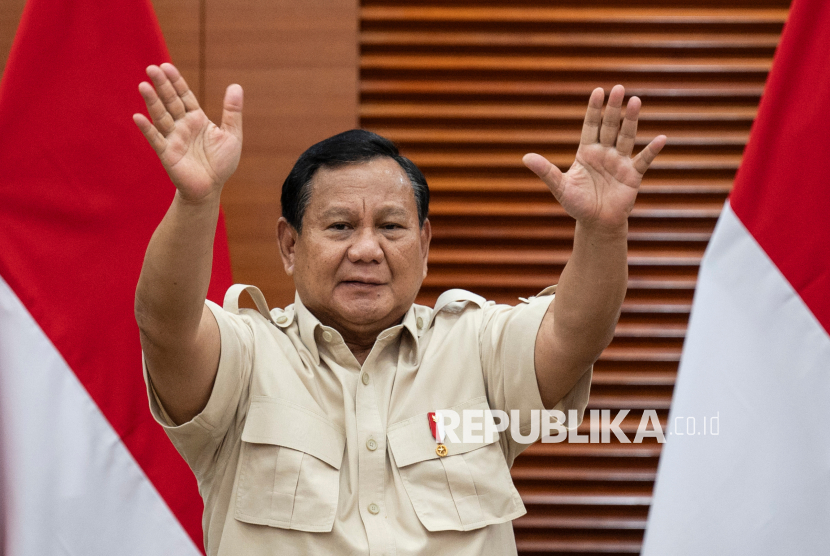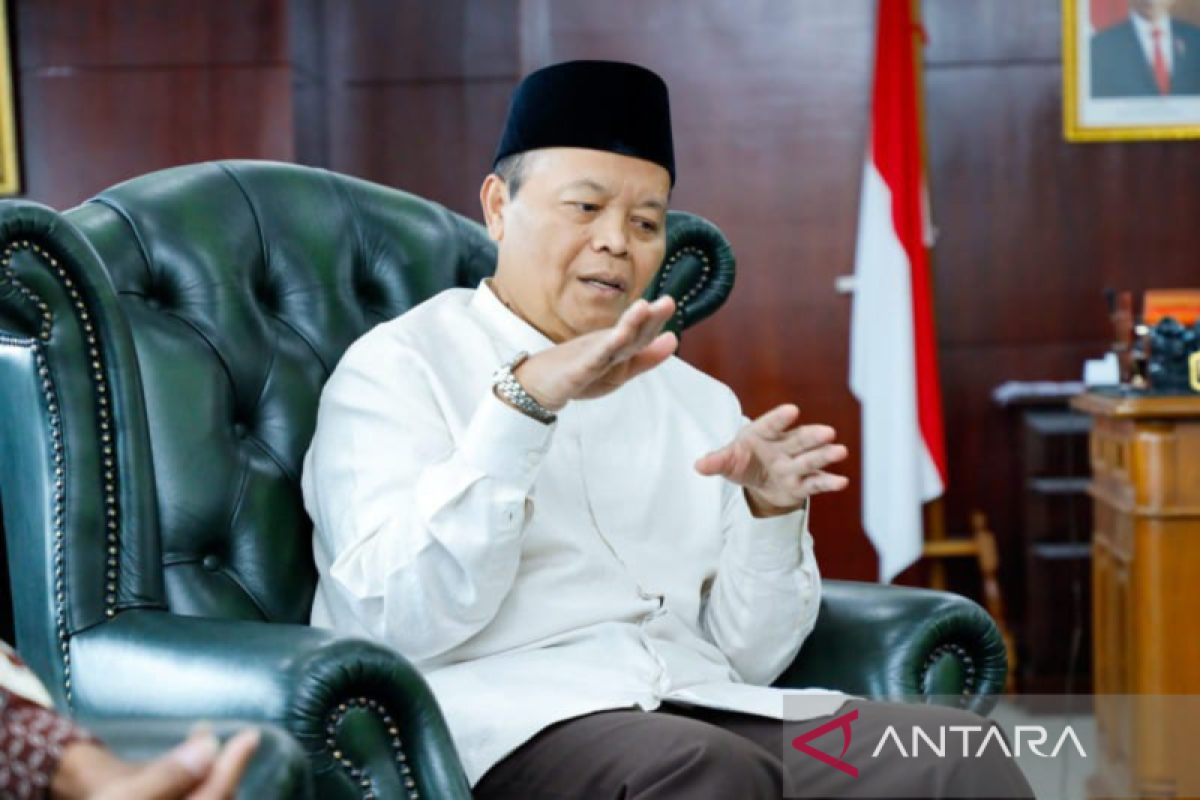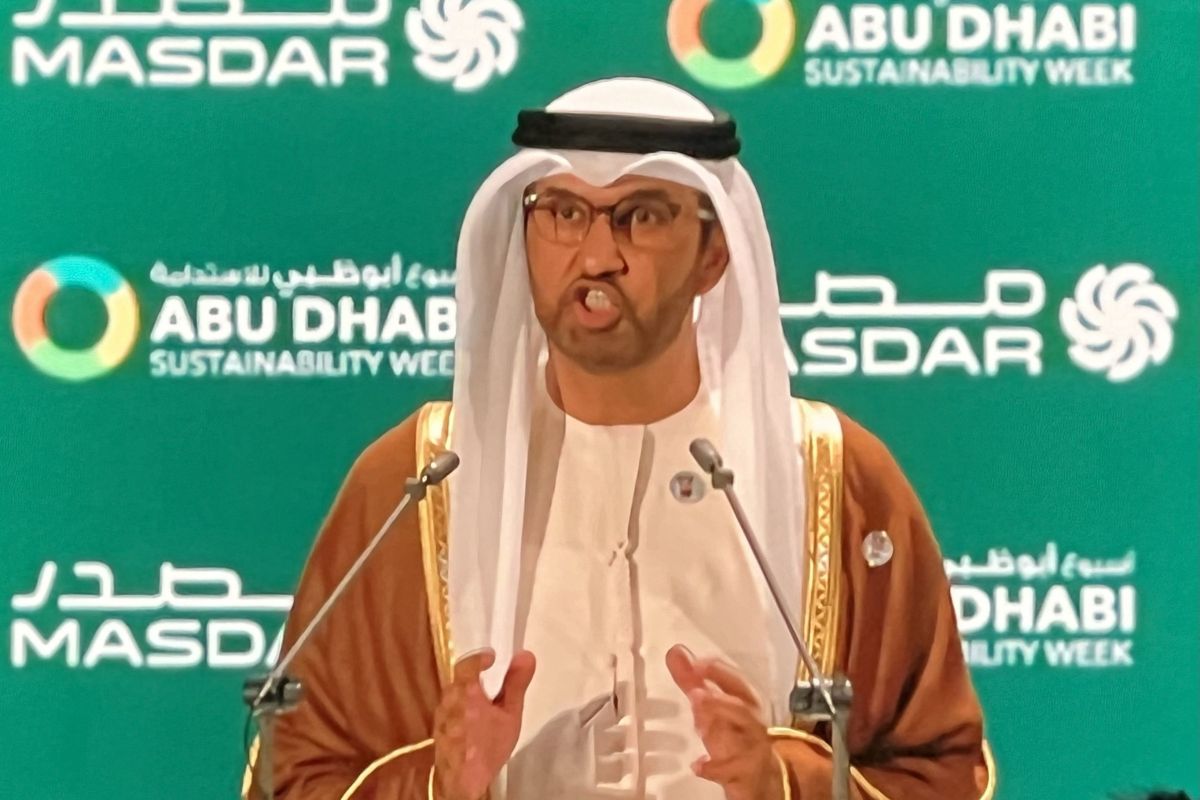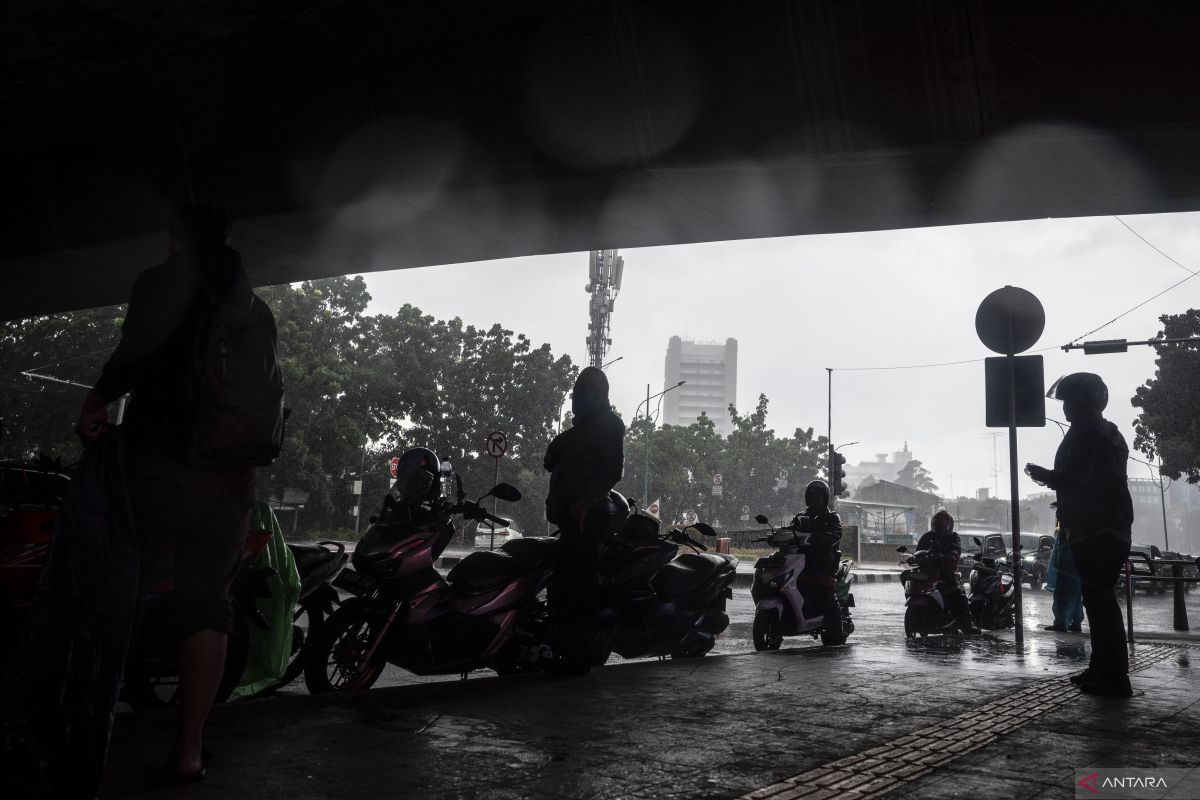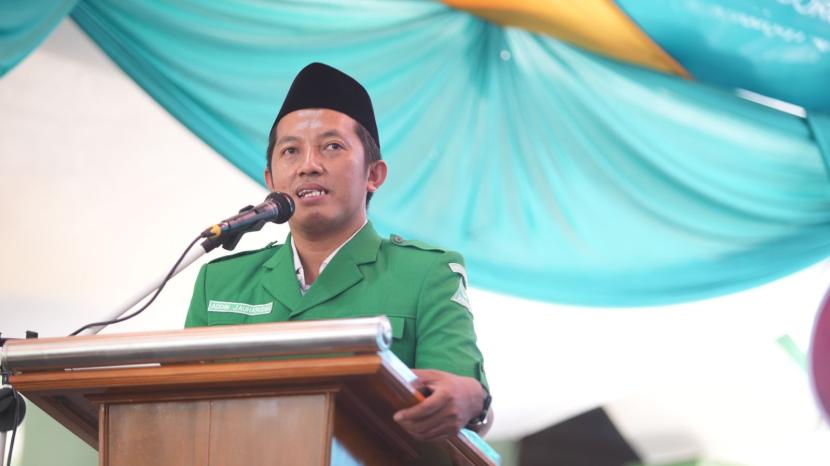Israel-Hamas Ceasefire Deal in Gaza to Take Effect on Sunday
Hamas and Israel reached a deal for a ceasefire in Gaza that mediators said would take effect on Sunday, January 19, 2025.

TEMPO.CO, Jakarta - Hamas and Israel reached a deal for a in Gaza that mediators said would take effect on Sunday, January 19, 2025, and include a release of hostages held there during 15 months of bloodshed that devastated the Palestinian enclave and inflamed the Middle East.
The complex phased accord outlines a six-week initial ceasefire with the gradual withdrawal of Israeli forces from the , where tens of thousands have been killed. Hostages taken by militant group Hamas, which controls Gaza, would be freed in exchange for Palestinian prisoners held by Israel.
At a news conference in Doha, Qatari Prime Minister Sheikh Mohammed bin Abdulrahman Al Thani said the ceasefire would take effect on Sunday. Negotiators are working with Israel and Hamas on steps implementing the deal, he said.
"This deal will halt the fighting in Gaza, surge much-needed humanitarian assistance to Palestinian civilians, and reunite the hostages with their families after more than 15 months in captivity," President Joe Biden said in Washington.
Despite the breakthrough, residents said Israeli airstrikes continued on Wednesday evening in Gaza, where more than 46,000 people have been killed in the conflict, according to local health authorities. Strikes on Gaza City and northern Gaza killed at least 32 people, medics said.
A Palestinian official close to the talks said mediators were trying to get both sides to stop hostilities before the truce starts on Sunday.
Palestinians responded to news of the deal by celebrating in the streets of Gaza, where they have faced severe shortages of food, water, shelter, and fuel. In Khan Younis, throngs clogged the streets amid the sounds of horns as they cheered, waved Palestinian flags, and danced.
"I am happy. Yes, I am crying, but those are tears of joy," said Ghada, a displaced mother of five.
In Tel Aviv, families of Israeli hostages and their friends rejoiced at the news, saying in a statement they felt "overwhelming joy and relief (about) the agreement to bring our loved ones home."
's acceptance of the deal will not be official until it is approved by the country's security cabinet and government, with votes slated for Thursday, an Israeli official said.
The accord was expected to win approval despite opposition from some hardliners in Israeli Prime Minister Benjamin Netanyahu's coalition government, including Finance Minister , who repeated his condemnation of the agreement on Wednesday.
Netanyahu called Biden and U.S. President-elect Donald Trump to thank them and said he would visit Washington soon, his office said.
In a social media statement announcing the ceasefire, Hamas called the pact "an achievement for our people" and "a turning point."
DEFUSING REGIONAL TENSIONS
If successful, the ceasefire will halt fighting that has razed much of heavily urbanized Gaza and displaced most of the tiny enclave's population of 2.3 million.
That, in turn, could defuse tensions across the wider Middle East, where the war has stoked conflict in the Israeli-occupied West Bank, in Lebanon, Syria, Yemen, and Iraq, and raised fears of an all-out war between arch-regional foes Israel and Iran.
Phase one of the deal entails the release of 33 Israeli hostages, including all women, children, and men over 50. Two American hostages, Keith Siegel and Sagui Dekel-Chen, were among those to be released in the first phase, a source said.
The agreement calls for a surge in humanitarian assistance to Gaza, and U.N. Secretary-General Antonio Guterres stressed the "priority now must be to ease the tremendous suffering caused by this conflict."
Both the U.N. and the International Committee of the Red Cross said they were preparing to massively scale up their aid operations.
The pact follows months of tortuous, on-off negotiations conducted by Egyptian and Qatari mediators, with the backing of the United States, and comes just ahead of Trump's presidential inauguration on Monday.
PERILOUS PATH AHEAD
The road ahead is complex, with political minefields likely. Israeli hostage families expressed concern that the accord may not be fully implemented and some hostages may be left behind in Gaza.
Negotiations on implementing the second phase of the deal will begin by the 16th day of phase one, and this stage was expected to include the release of all remaining hostages, a permanent ceasefire, and the complete withdrawal of Israeli forces from Gaza.
The third stage is expected to address the return of all remaining dead bodies and the start of Gaza's reconstruction supervised by Egypt, Qatar and the United Nations.
Trump said he would use the ceasefire deal as momentum to expand the Abraham Accords—U.S.-backed agreements struck during his first presidency in 2017-2021 that normalized Israel's relations with several Arab countries.
If all goes smoothly, the Palestinians, Arab states, and Israel must still agree on a vision for post-war Gaza, a formidable challenge involving security guarantees for Israel and many billions of dollars in investment for reconstruction.
Israel's air and ground war in Gaza has since killed over 46,000 people, according to Gaza health ministry figures, with hundreds of thousands of displaced people struggling through the winter cold in tents and makeshift shelters.
REUTERS | Andrew Mills, Nidal Al-Mughrabi, and Maayan Lubell
Editor’s Choice:
to get the latest news updates from Tempo on Google News


